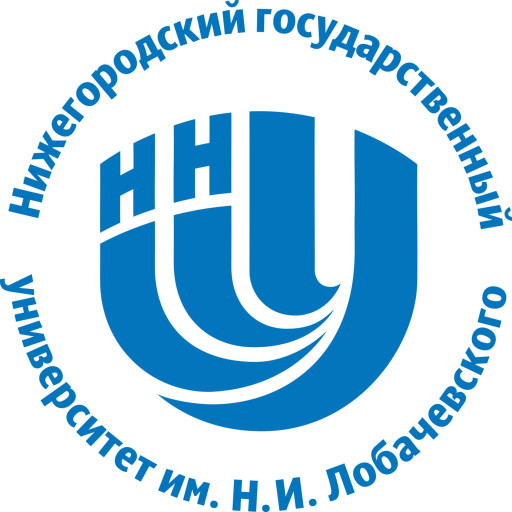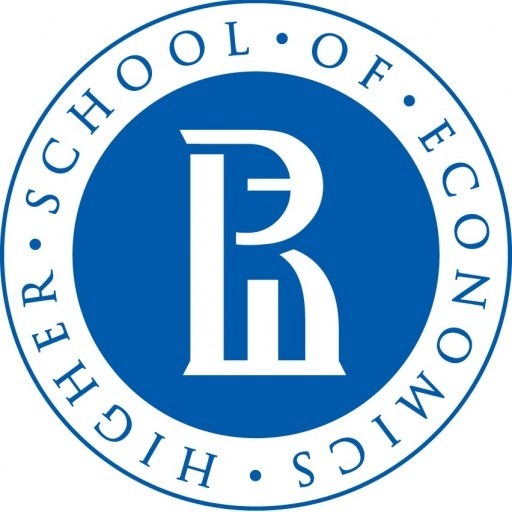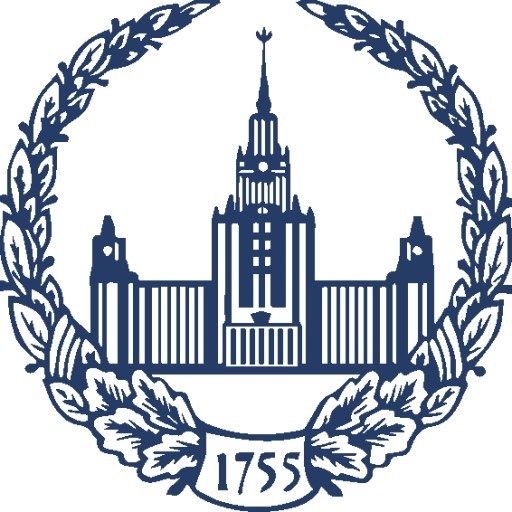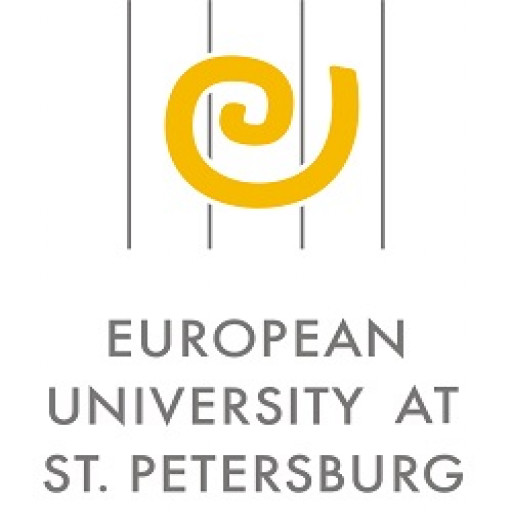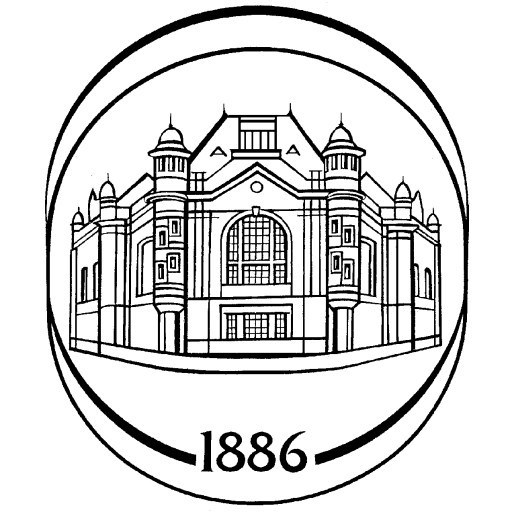The International Legal Profile program at National Research Lobachevsky State University of Nizhny Novgorod offers students a comprehensive education in international law and global legal systems. Designed to prepare future legal professionals for the challenges of working in an interconnected world, this program provides an in-depth understanding of international treaties, conventions, and legal frameworks governing cross-border relations. Students will explore topics such as international humanitarian law, human rights law, international trade law, and diplomatic law, gaining both theoretical knowledge and practical skills essential for a successful career in the global legal arena.
The curriculum combines rigorous legal theory with practical applications, including case studies, moot courts, and internships with international organizations and diplomatic missions. Emphasis is placed on developing critical thinking, analytical skills, and cultural awareness to enable graduates to navigate complex legal issues across different jurisdictions. Furthermore, students will have opportunities to study foreign languages and participate in exchange programs, fostering a truly international perspective.
Through a blend of lectures, seminars, and independent research, the program encourages active engagement and professionalism in global legal practice. Graduates of the International Legal Profile are well-equipped for careers in international law firms, multinational corporations, government agencies, and non-governmental organizations operating at the international level. They will also have a solid foundation for pursuing advanced legal studies or specialization in specific areas of international law. The program aims to produce highly qualified legal experts capable of contributing to solving contemporary global challenges through innovative legal solutions.
The International Legal Profile program at the National Research Lobachevsky State University of Nizhny Novgorod offers students a comprehensive education in the field of international law, equipping them with the knowledge and skills necessary to navigate the complex legal landscape of the globalized world. The program is designed to provide a deep understanding of international legal standards, international treaties, and the functioning of international organizations, preparing graduates for careers in diplomacy, international business, law firms, non-governmental organizations, and governmental agencies.
Throughout the coursework, students explore various aspects of international law, including human rights law, humanitarian law, environmental law, and the law of international organizations. They will examine the legal principles that govern relations between states and other international actors, as well as the mechanisms used to resolve disputes peacefully. The program emphasizes both theoretical foundations and practical applications, with modules that include case studies, simulations of international negotiations, and internships with international institutions.
A key feature of the program is the multilingual environment, which encourages proficiency in at least one foreign language, often English, to facilitate effective communication in international settings. Students also have opportunities to participate in exchange programs and joint projects with partner universities abroad, enhancing their intercultural competence and global outlook.
In addition to core legal disciplines, the curriculum includes mandatory courses in international economics, political science, and regional studies, providing a multidisciplinary perspective on international legal issues. The faculty comprises experienced professionals, many with backgrounds in international law practice, who bring real-world insights into the classroom.
Graduates of the International Legal Profile program will be able to analyze international legal issues critically, draft international legal documents, and represent clients or states in international negotiations and disputes. The program aims to develop highly qualified specialists capable of working in diverse international environments, contributing to the development of global legal standards and promoting justice and rule of law worldwide.
Program requirements for the International Legal Profile at National Research Lobachevsky State University of Nizhny Novgorod include a combination of academic prerequisites, language proficiency, and entrance examinations. Applicants are expected to have completed secondary education with a strong emphasis on humanities, especially law, political science, or related fields, demonstrating a solid foundation in social sciences and foreign languages. Proficiency in English is mandatory; applicants must provide valid results from internationally recognized language tests such as TOEFL or IELTS, with minimum scores established by the university's admissions office. Additionally, applicants may need to submit certificates confirming their knowledge of another foreign language, often Russian or a second language, depending on the specific track of the program.
Candidates are typically required to pass an entrance exam which assesses their general knowledge, analytical thinking, and understanding of basic legal concepts. Some departments may also conduct interviews to evaluate the applicant’s motivation, communication skills, and international outlook. Prior experience or education in international relations, law, or foreign languages can be advantageous but is not obligatory.
The program also encourages applicants to demonstrate active participation in extracurricular activities related to law, international organizations, or language clubs, as these can enhance the application profile. In addition, applicants should have a good academic record, with a preference for high grades in relevant subjects such as history, social studies, or foreign languages. The university may also require a motivation letter outlining the applicant's interest in international law and future career goals, alongside a CV or summary of academic achievements.
Furthermore, international students seeking admission must meet additional requirements, including obtaining appropriate student visas and providing certified translations of educational documents. Overall, program entry is competitive, and prospective students are advised to thoroughly prepare their application package, ensuring they meet all academic, language, and documentation requirements specified by the university for the International Legal Profile program.
The financing of the "International Legal Profile" program at the National Research Lobachevsky State University of Nizhny Novgorod primarily relies on a combination of state funding, tuition fees paid by students, and additional sources such as research grants and partnerships. As an educational institution under the Russian Federation, the university receives governmental support aimed at promoting higher education and specialized training in law and international relations. The state financing ensures the availability of resources for faculty salaries, university infrastructure, and educational materials, thereby maintaining the high quality of the program.
Tuition fees constitute a significant portion of the program's funding, with costs varying based on the status of the student (domestic or international). International students, enrolled in the International Legal Profile program, pay tuition fees in accordance with rates established by the university's policies for international education. These fees are designed to cover expenses related to instruction, academic resources, and student services. The university offers potential financial aid, scholarships, and fee waivers to talented students and those requiring financial assistance, which are funded through university budgets, sponsorships, and international cooperation agreements.
Additionally, the program benefits from funding through research grants and partnerships with governmental bodies, international organizations, and the private sector. Such collaborations often support curriculum development, faculty research, internships, and student exchanges, enhancing the practical and international focus of the program. Furthermore, the university may participate in international educational projects, which provide supplementary financial resources, thereby increasing the program's overall sustainability and the quality of education provided.
Student financial support options are also available, including scholarships based on academic achievement, social hardship, or participation in extracurricular activities related to legal and international studies. These funding mechanisms aim to attract highly qualified students and ensure the accessibility of the program to a broader demographic.
Overall, the financing structure of the "International Legal Profile" program combines multiple sources to ensure the effective delivery of a comprehensive legal education with an international focus. This multi-source approach allows the university to maintain high educational standards, invest in faculty and infrastructure, and provide students with opportunities for international cooperation and professional development, which are essential for future careers in international law and diplomacy.
The International Legal Profile program at the Lobachevsky State University of Nizhny Novgorod is designed to prepare students for a career in international law and related fields. The program focuses on providing a comprehensive understanding of international legal norms, diplomatic relationships, and international organizations. It aims to develop students' skills in legal analysis, negotiation, and intercultural communication, all within the context of international legal frameworks. The curriculum includes courses on international human rights law, international economic law, international criminal law, and the legal aspects of international diplomacy. Students also gain practical experience through internships, workshops, and seminars conducted in collaboration with international organizations and legal institutions.
The program emphasizes multilingual proficiency, with courses often taught in English and other foreign languages, to ensure graduates are well-equipped for global careers. Additionally, students are encouraged to participate in exchange programs and joint research projects with partner universities abroad, fostering international cooperation and cultural exchange. Graduates of the program can pursue careers in international governmental organizations such as the United Nations, European Union, and World Trade Organization, as well as in international law firms and NGOs. The university provides access to modern legal research centers, libraries, and online resources, supporting an academically rigorous learning environment. Upon completion, students will have acquired the knowledge and practical skills necessary to work effectively in international legal contexts, contributing to the development of international law and promoting peaceful and lawful international relations.
